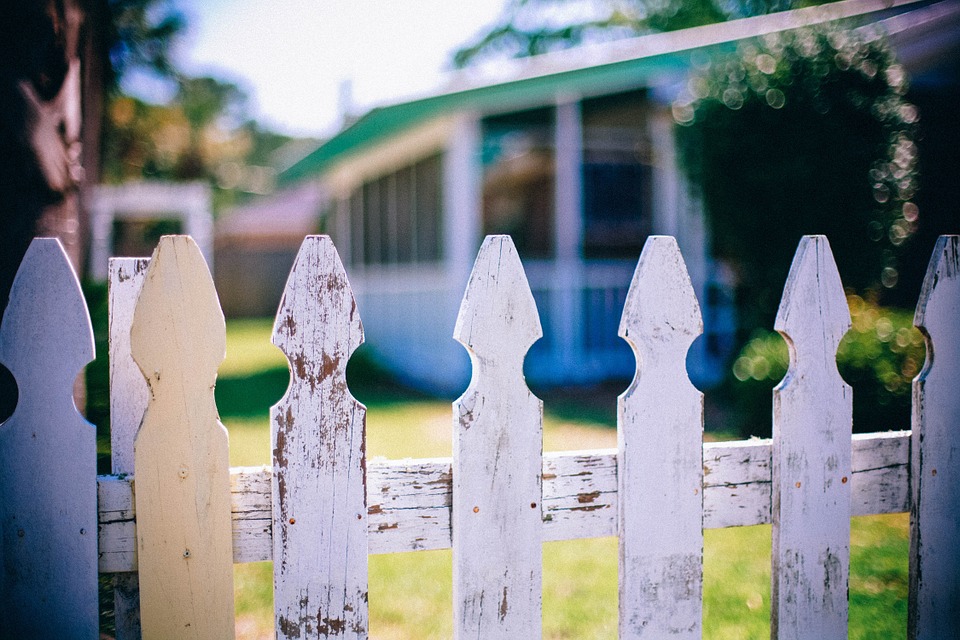Are you facing New York foreclosure? What do you really know about the foreclosure and why the bank decides to foreclose on your property?
Most people that come to Simon Haysom, LLC are uncertain how to define a foreclosure and concerned with the foreclosure process ahead. These worries and questions are not only common and expected, but completely valid. This is likely your first encounter with foreclosure, and asking a lawyer for advice and details is the best way to understand New York foreclosure and how it will unfold.
We’ve pulled together five of the basic facts our team at Simon Haysom, LLC thinks everyone should know about a New York foreclosure.
#1: Foreclosure Is a Legal Process

While we often focus on the financial aspect of foreclosure, it is important to know that the entire process has a legal basis. Foreclosure is part of the contractual agreement of taking out a mortgage and regulated by state and federal law. All of these legal requirements must be followed and respected for a foreclosure to be valid.
When an individual or entity fails to make the monthly mortgage payments, it is a big problem for the bank or lending institution. For this reason, every mortgage agreement contains a provision on missed payments and foreclosure. In the event mortgage payments are tardy for 90 days or more, the bank can rely on this contractual provision and foreclosure law to foreclose on the property.
#2: Before a New York Foreclosure, There Are Late Fees and Reminders
If you miss your September mortgage payment, the bank won’t foreclose on your property on October first. In fact, in the state of New York, the lender isn’t allowed to foreclose on a piece of property until the period of redemption has passed. Instead, here is how the foreclosure process typically unfolds.
When a payment is missed, the bank will send a notice of missed payment. If this notice is mailed 15 days or more after a missed payment, it is likely to include a late payment fee or assessment. This amount now becomes part of the total outstanding or late payment. To bring a mortgage current, the borrower must pay the loan balance and the late fee, in full.
If you miss more than one monthly mortgage payment, your bank is likely to take further action. This includes sending a letter that requests you become current on your mortgage payments immediately and phone calls to collect the amount of missed payments. Notice of a multiple missed payments is a clear sign that foreclosure is impending.
#3: New York Foreclosure Officially Starts with a Lawsuit

As stated earlier, New York foreclosure is a legal process. While the pre-foreclosure requirements are also dictated and necessitated by state and federal law, the first official step in foreclosure is filing a lawsuit.
After multiple missed payments, adherence to a 90-day redemption period for a borrower-occupied property, and several attempts to otherwise collect the amount of the missed payments, the bank will file a lawsuit in a New York state court. This lawsuit will state the dates and amounts missed payments, show the borrower’s obligation to pay and demand a foreclosure.
The bank or other lender are not permitted to use self-help or other forceful remedies to retake a property over missed mortgage payments. It is absolutely necessary to go through the courts.
#4: Foreclosure Occurs Through a Court Judgment
A New York court must hold a settlement conference over the missed mortgage payments before affirming a New York foreclosure. If a settlement isn’t reached during this process, then the judge can enter a judgment of foreclosure against you. This court judgment is the lender’s “go-ahead” to finalize a New York foreclosure through auction.
The judgment allows the lender to put the property up for sale in an auction. The purpose of this sale is to recoup the outstanding amount of the mortgage and make the lender “whole” financially.
#5: Auction Is the Final Sale of a New York Property

The auction of a foreclosed property is considered a final sale in New York. While some states have a redemption period after the auction for the borrower to become current with the mortgage, this is not legally required in New York. At auction, the property can be sold to the highest bidder or the bank, depending on interest and bids for the home. Once sold at auction, there are very few remedies available to the prior property owners.
Fighting a New York Foreclosure
If you are facing a New York foreclosure and want to fight the legal process and loss of your property, our team at Simon Haysom, LLC can help. We have extensive experience with foreclosures in New York and we are prepared to fight for you. Contact us at (845) 294-3596.
CONTACT US NOW
Get Your Free Consultation
Areas Served
Simon Haysom is proud to serve the following communities:
